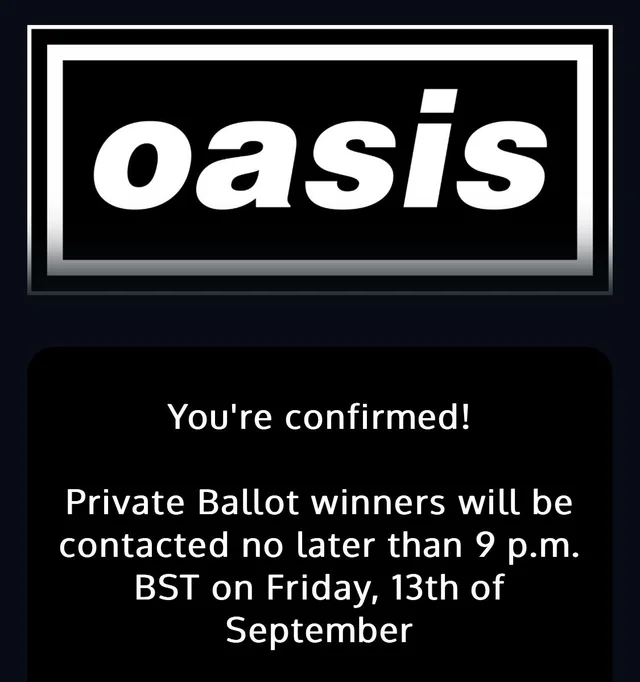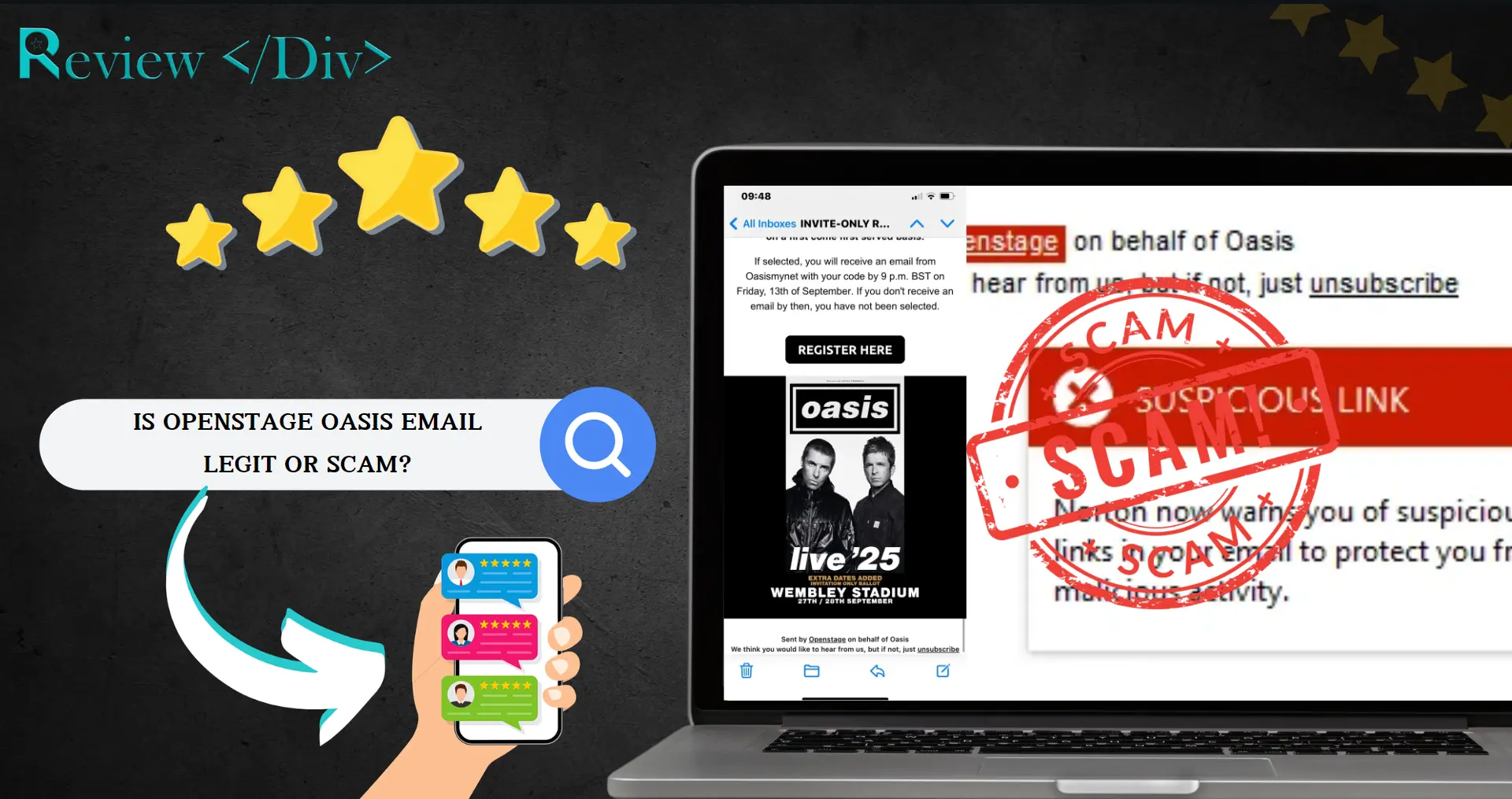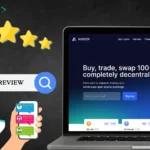Email scams are getting more advanced, and one that’s recently caught the attention of concertgoers is the Openstage Oasis Email.
It promises exclusive access to Oasis concert tickets, which makes some people question if it’s real or a scam.
Openstage Oasis Email Overview
The Openstage Oasis Email claims to offer exclusive concert tickets on behalf of the famous British band, Oasis.
It invites recipients to join a private ballot or presale for big events like concerts at Wembley. While it may look like it’s from a trusted vendor like Ticketmaster or Open Stage, some details raise suspicion.

The email plays on the scarcity of tickets, which offers recipients another chance to get the ones they missed. It asks them to sign up by clicking on links in the email.
How Openstage Oasis Email Works?
The Openstage Oasis email scam follows a common phishing pattern. It claims the recipient has been chosen for a private presale or ballot for Oasis tickets.
To create urgency, the email warns that tickets are limited and available on a first-come, first-serve basis. The message encourages recipients to click on a link to secure their tickets.
When someone clicks the link, they are directed to a fake website that looks almost identical to legitimate ticket vendors like Ticketmaster.
The scammers use this website to steal sensitive information, such as login details, credit card numbers, or personal information.
Victims think they’ve successfully purchased tickets, but have fallen into a trap. Scammers can then use the stolen information for identity theft or unauthorized transactions.
How To Protect Yourself from These Scams?
Follow these steps to avoid falling for the Openstage Oasis Email scam or other phishing attempts.
- Check your accounts: Regularly check your financial accounts for unusual activity, especially after dealing with unfamiliar emails or websites. Report anything suspicious immediately.
- Verify the sender: Before taking any action, check who sent the email. Verify the email address matches the official website or communications. If you’re unsure, reach out directly to the event organizer or ticket vendor to confirm.
- Avoid suspicious links: Don’t click on links or download attachments from emails you didn’t expect. These could contain harmful software meant to steal your information.
- Buy from trusted vendors: Only get tickets from official sellers like Ticketmaster or the event’s official website. Steer clear of third-party sellers unless they are verified.
- Keep security up to date: Update your device’s software, antivirus, and firewall regularly to protect against scams and malware.







